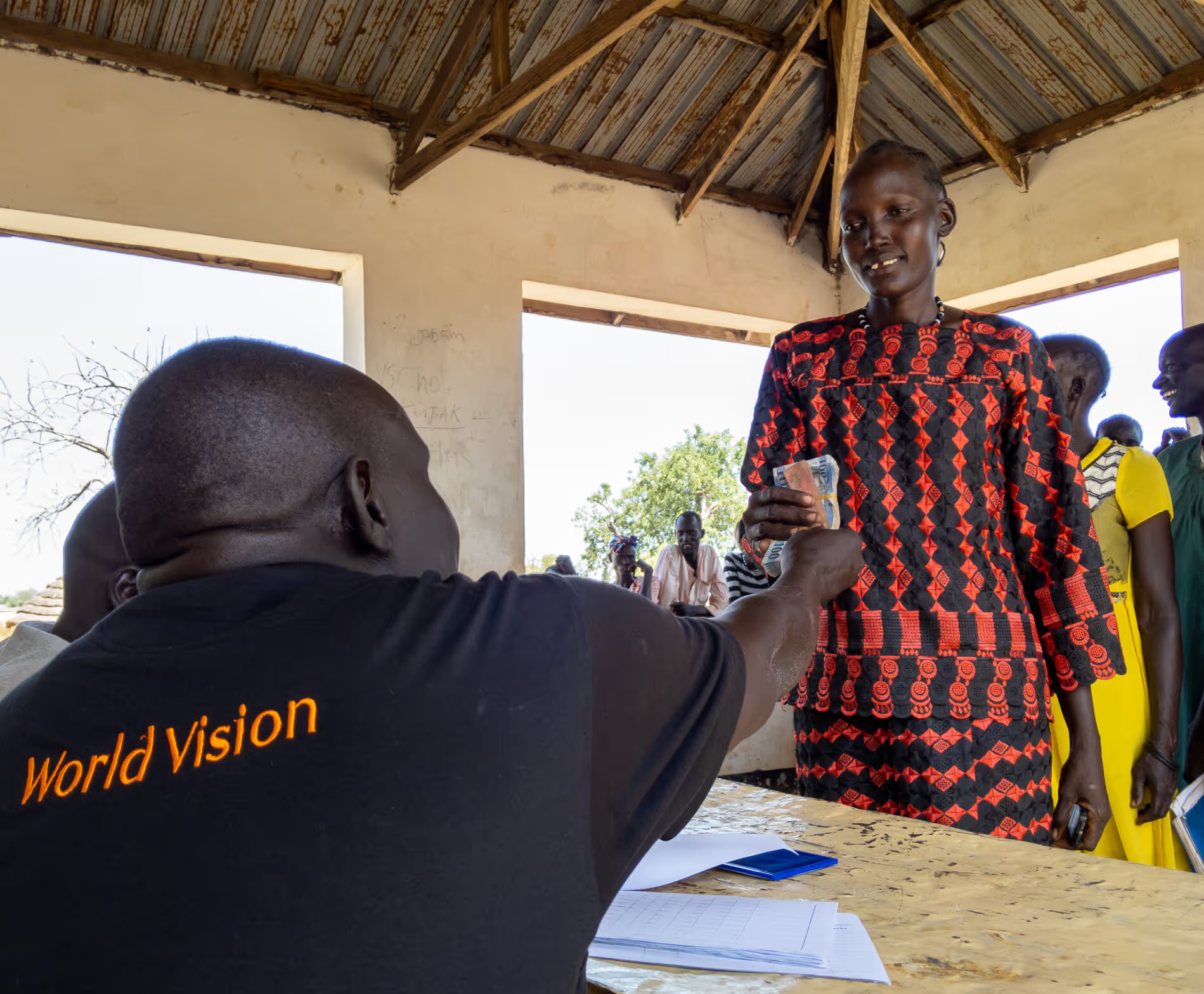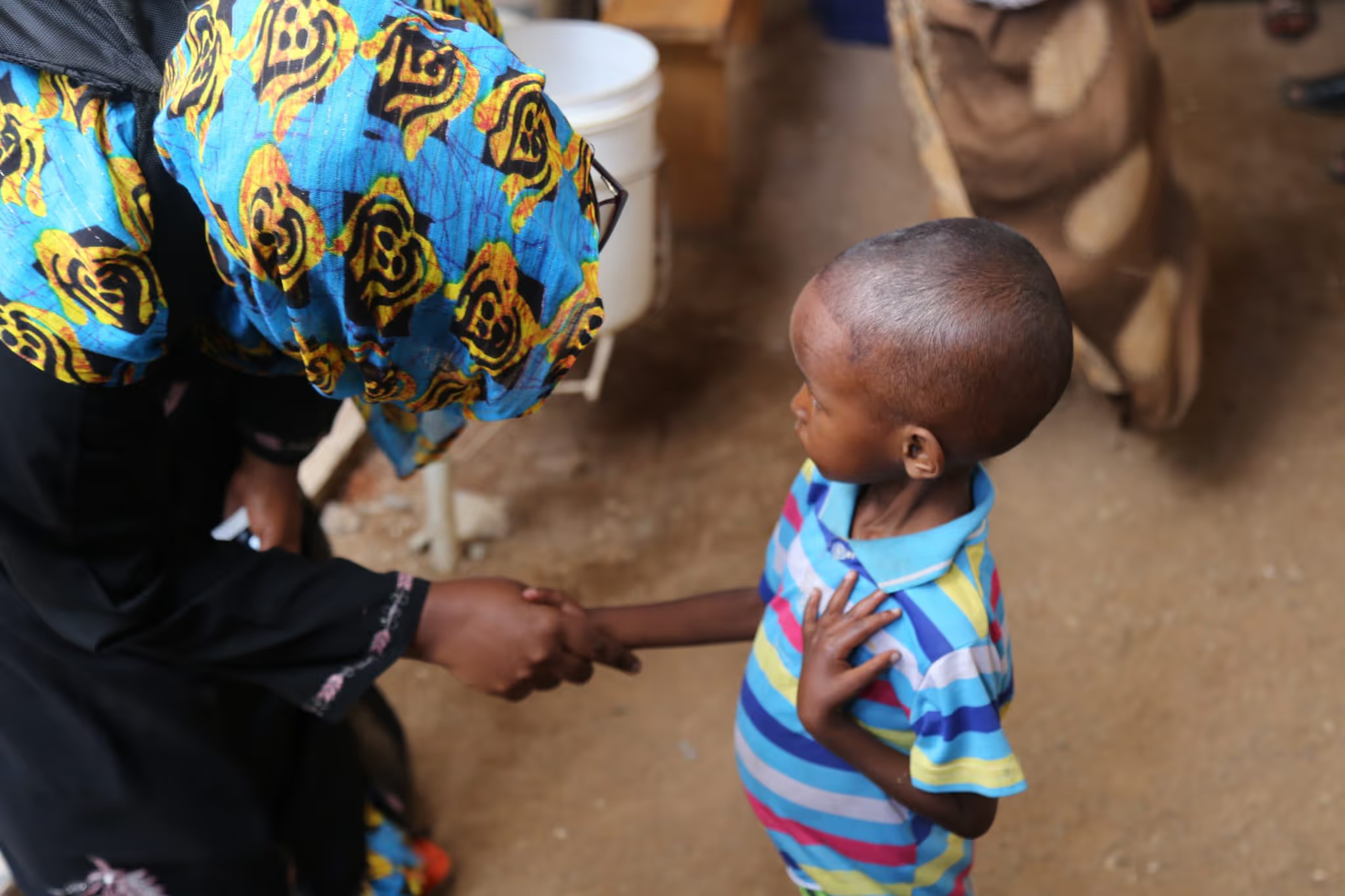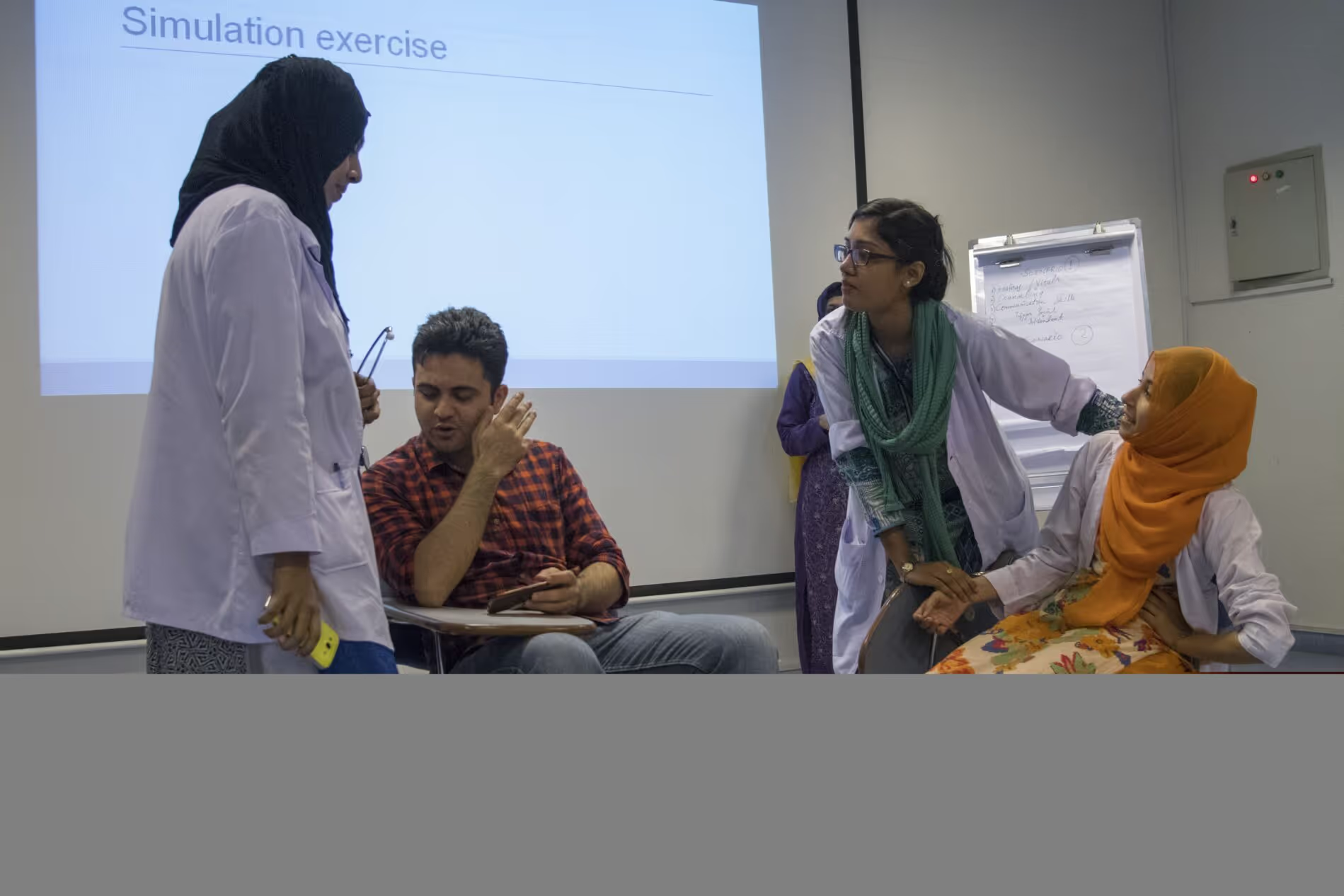Effects of cash transfers on intimate partner violence in humanitarian settings in South Sudan

Project overview
To improve understanding of the dynamics between intimate partner violence (IPV) and cash transfers in humanitarian settings.
Project solution
This project offers [specific solution or intervention] to tackle [challenge]. By implementing [strategies, tools, or innovations], the project aims to achieve [desired outcomes]. The approach is designed to [specific actions or methods] to bring about meaningful change in [community, region, or issue area].
Expected outcomes
This project aims to achieve [specific outcomes], such as [measurable results, improvements, or changes]. The expected impact includes [benefits to the target community, advancements in research or innovation, or long-term effects]. By the end of the project, we anticipate [specific changes or milestones] that will contribute to [broader goals or objectives].
Principal Investigators: Kevin Savage, World Vision International & Courtland Robinson, Johns Hopkins University
What did this study set out to achieve?
This study sought to improve understanding of the dynamics between intimate partner violence (IPV) and cash transfers in humanitarian settings. Cash transfers are increasingly being used in humanitarian assistance, and while studies have looked at the linkages between IPV and cash transfers, few of these have been in humanitarian settings. This study aimed to increase knowledge of how receipt of cash transfers and the way they are delivered, may change gender relations, power dynamics, and IPV in receiving households.
A prospective cohort study was conducted using a mixed methods approach to compare households receiving cash transfers with households not receiving cash transfers. Quantitative survey data collected across the two groups at three times across a cash transfer intervention, was enriched with qualitative. Given the context of food insecurity in South Sudan, the study included a nested observational study to better understand the impact of cash assistance on household food security and coping strategies.
Findings were expected to inform how cash transfers can best be designed to mitigate IPV risks and enhance positive effects on gender relations.
Read the blog.[.slimline-cta_paragraph][.slimline-cta-box]
What were the key findings?
Quantitative measures provided no evidence that cash transfer participation had statistically significant effects, positive or negative, on IPV. While IPV increased from baseline to endline, it did so across both the control group and the programme participants.
- Qualitative findings were mixed. However, taken together, the analysis of both quantitative and qualitative results suggests IPV rates were not
meaningfully affected by the cash transfers, possibly because the cash amounts were small and not significant enough to disrupt gender dynamics. - Other factors such as alcohol use, household food insecurity, mental illness/distress, and negative coping strategies were found to be associated with IPV. These may offer more insights into what is driving high rates of IPV in households in South Sudan and what can be done to alleviate it.
What does this mean for policymakers and practitioners?
The study shows that, while there was no evidence of cash transfer programme participation either increasing or decreasing risk of IPV, the relationship between CVA and IPV is complex, perhaps particularly so in humanitarian settings like South Sudan.
Practitioners and policy makers should avoid generalising assumptions either that cash transfers are too risky or carry no significant risk with respect to IPV. Rather, decision-making around cash transfer programme implementation should first assess the specific contextual and cultural factors associated with IPV risk, and then incorporate risk mitigation into programme design and implementation. This could include cash transfer values, duration, modality (cash vs voucher) as well integration with other programmes like gender protection, gender equity and equality programming, mental health and psychosocial services, and substance use programmes.
Project delivery & updates
Stay up to date with the latest developments from this project. Here, you will find details on what has been delivered, resources created, and regular updates as the project progresses. Access key documents, reports, and other materials to see how the project is making an impact.







